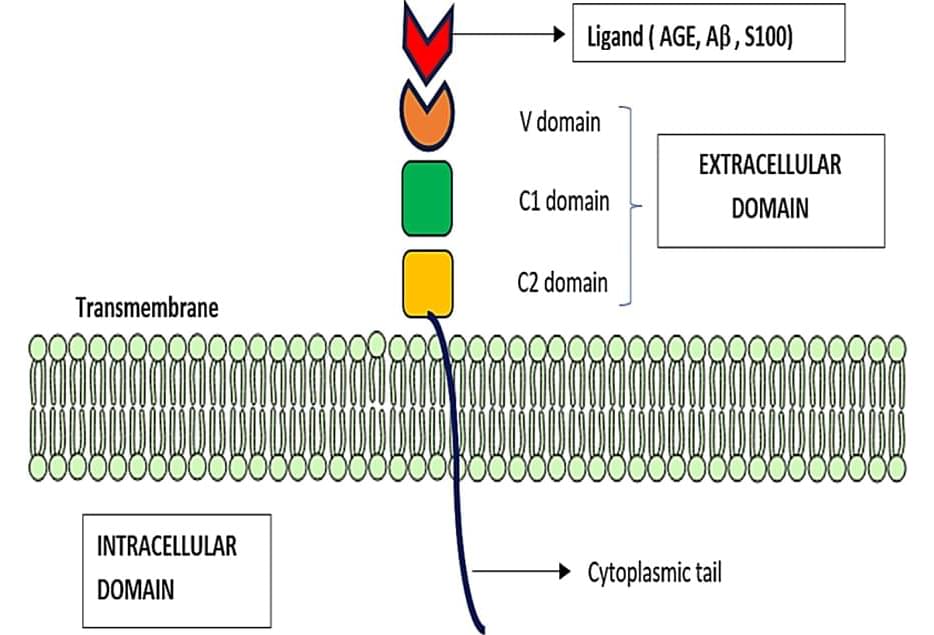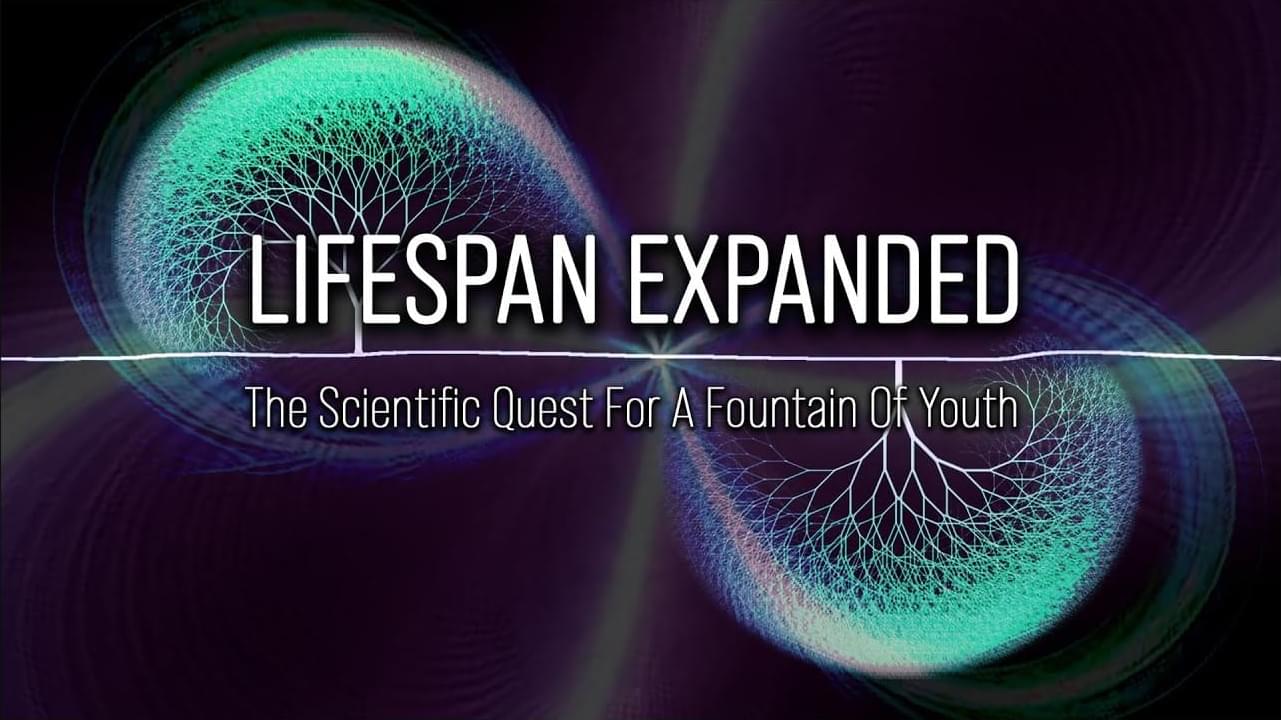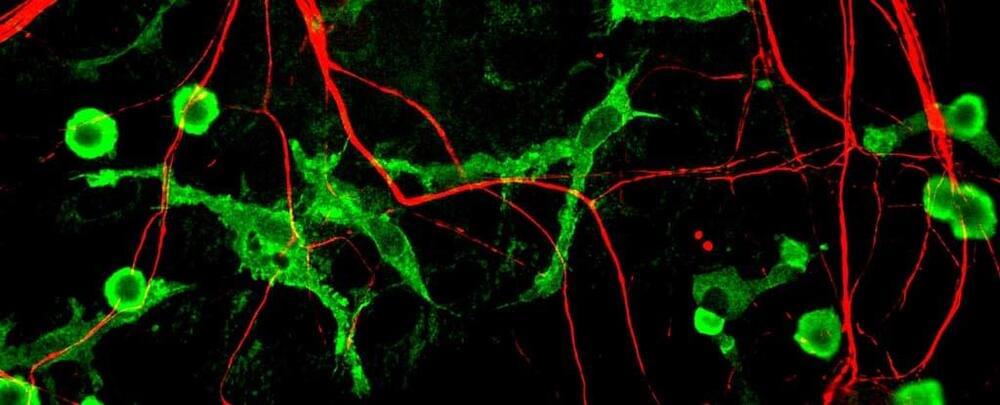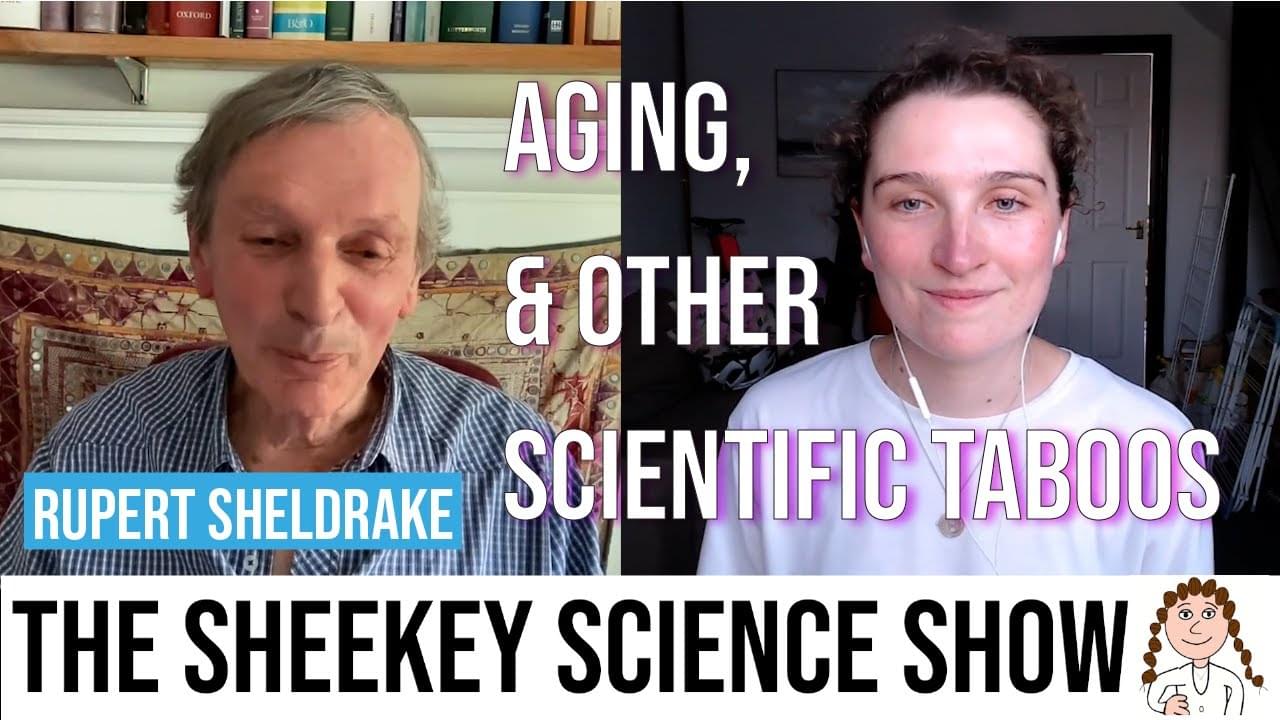Jun 2, 2024
Reversible Molecular Changes Can Cause Cancer, Study Shows
Posted by Paul Battista in categories: biotech/medical, genetics, life extension
Though one in two people will develop some form of cancer in their lifetime, there’s still much we don’t know about this disease. But thanks to continued research efforts, we keep learning more about the biology of cancer. One of these recent discoveries could even transform our understanding of how cancers develop.
But before we talk about the new discovery, let’s first discuss the classical theory that attempts to explain why normal cells become cancer cells. This theory posits that DNA mutations are the primary cause of cancers.
It’s well known that ageing, as well as some lifestyle and environmental factors (such as smoking and UV radiation) cause random DNA mutations (also known as genetic alterations) in our cells. Most genetic alterations trigger cell death or have no consequence.


















